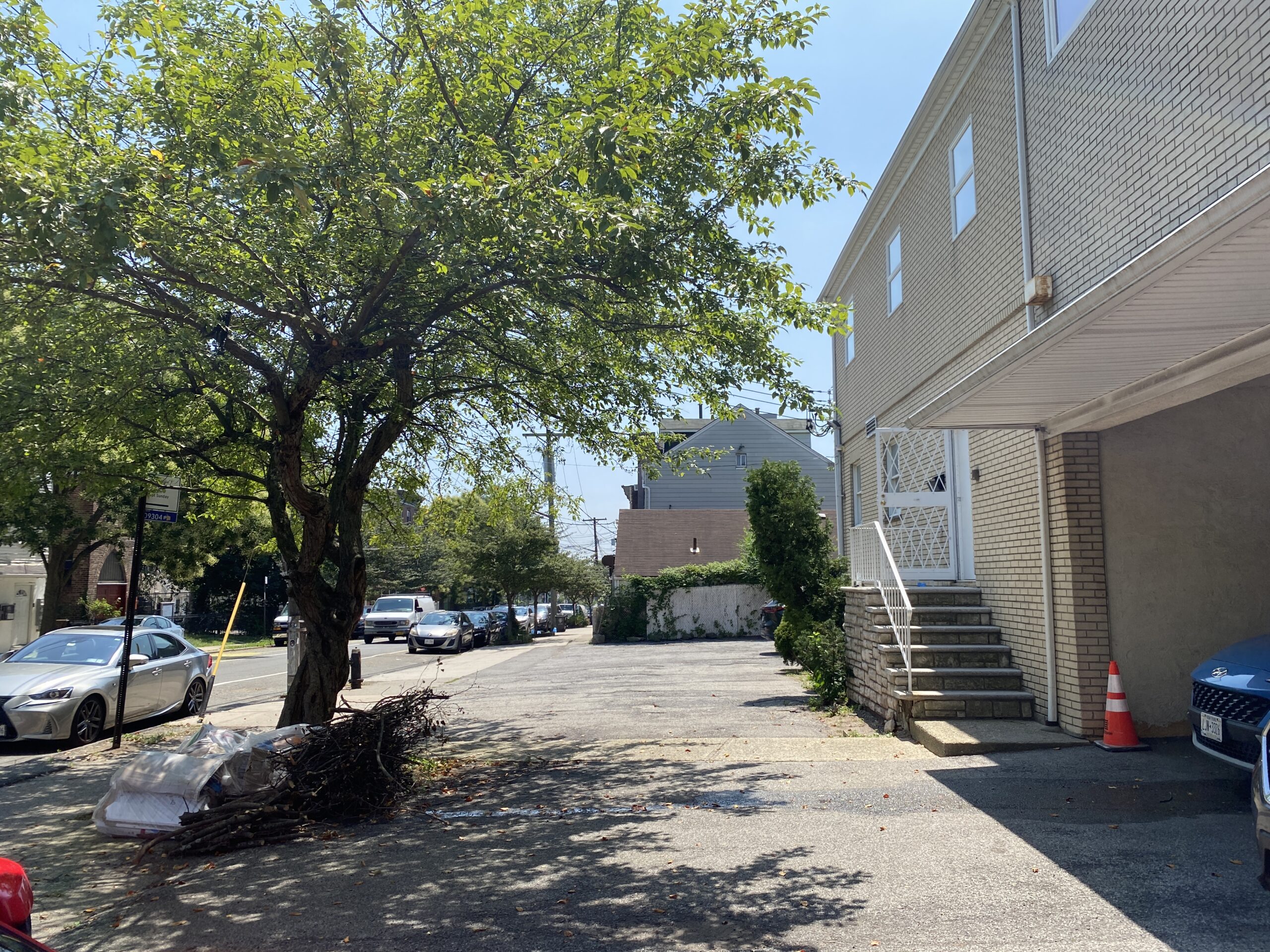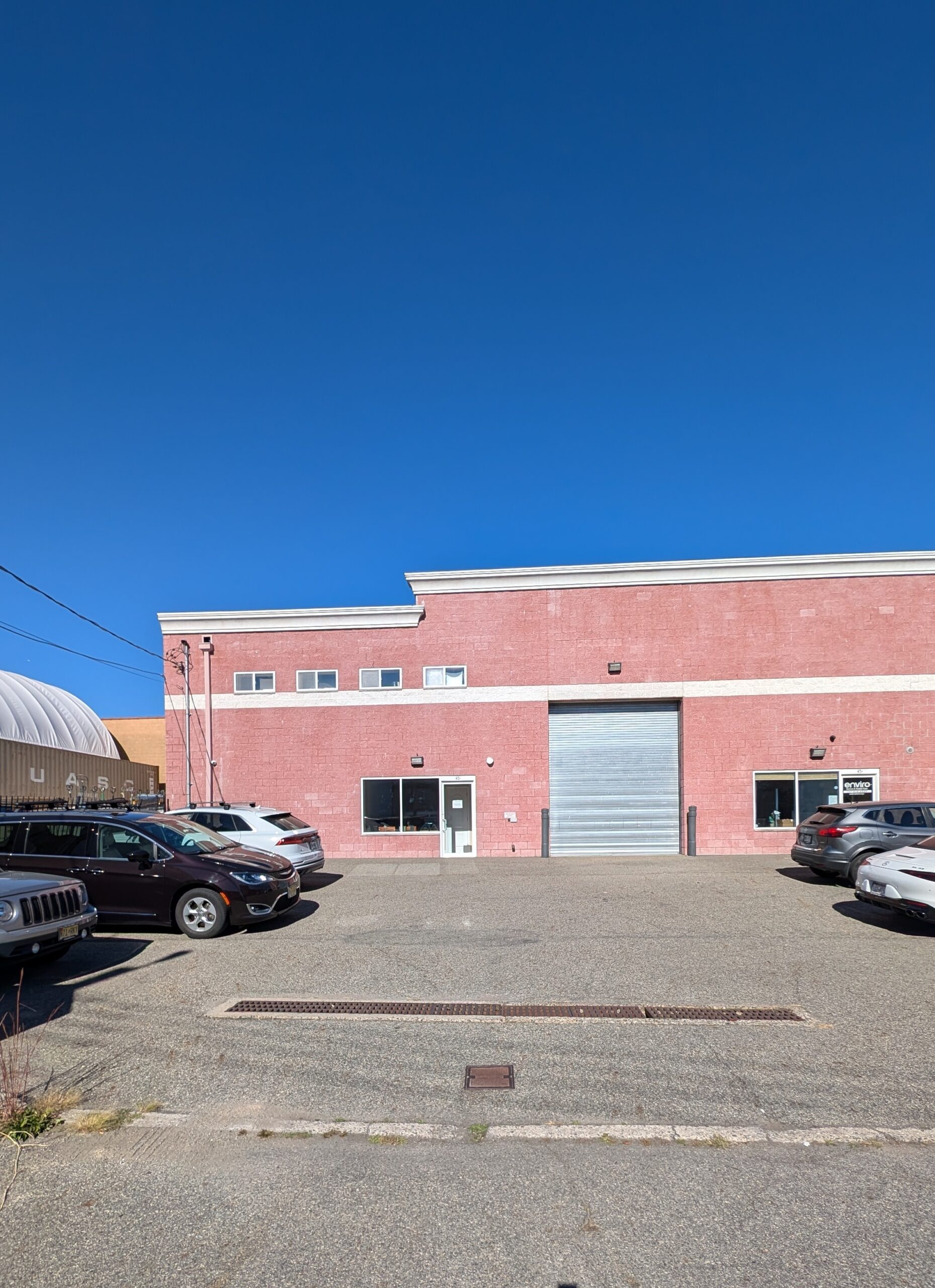What Is an Unsecured Loan?
Before you take the time to learn how to get an unsecured loan, you should understand what it is.
An unsecured loan is when a lender gives you money and relies on your word that you’ll pay them back. This contrasts “secured loans” where lenders will require that you give them a piece of property (car, house, stocks, etc.) to hold onto as collateral in case you don’t meet your payment obligations.
Your lender will use your credit score and employment situation to determine whether or not they trust you enough to award you an unsecured product.
How Can You Get an Unsecured Loan?
Getting unsecured loans can be accomplished by following a few simple steps. Here’s what you need to do:
1. Verify Your Credit
As we mentioned, lenders will scrutinize your credit before offering you an unsecured loan. If your credit is bad or even average, you’ll have a hard time qualifying for an unsecured product that offers good terms.
Consequently, before you start applying for this type of loan, get an idea of what your credit score looks like by requesting information from credit bureaus TransUnion, Experian and Equifax.
You can either request that your credit information/score get mailed to you or, in some cases, can view your information online through a credit bureau’s website.
2. Request Loans Locally
With your credit score figured out, if you feel confident doing so, start shopping for loans in your community. Every bank and credit union will offer some form of an unsecured loan that you can apply for.
In general, credit unions are more flexible than banks when it comes to loan criteria. They may also offer better interest rates.
If you have a long-standing relationship with a particular financial institution, bank or credit union, we recommend starting your loan search there.
3. Head Online
There are a number of outstanding unsecured loans that you can get from online lenders that may be better than what’s offered locally. A quick search for “personal loan lenders” will turn up a number of options that you can explore.
Be wary when shopping for unsecured loans online as some lenders may be illegitimate or extending predatory offers to borrowers.
4. Fill out an Application
As soon as you’ve narrowed your list of potential lenders down to a handful that are offering a great loan product, pick the offer that appeals to you most and fill out an application. Factors that should weigh into which loan you apply for might be things like the loan’s interest rate, its fees and the amount of time that you’ll have to pay your loan back.
Most loans that you apply for online can give you an approval answer within seconds of submitting your application.
5. If Rejected, Understand Why
If your loan application is turned down, take the time to understand why. By law, lenders need to mail you a notice giving you their reason for refusing your loan. This notice is called a “notice of adverse action”.
It’s in your best interest to remedy the problem that your creditor saw with your financial situation before continuing to fill out credit applications. That’s because additional applications/rejections will further diminish your credit score.
Additional Unsecured Loan Caveats
You’re almost done with your unsecured loan education! Before you head off and start exploring your loan options, keep these final two caveats in mind:
Unsecured Loans May Extend Leaner Lines of Credit
Since lenders are taking on additional risk by offering you an unsecured loan, they’ll likely award you less money than they would if you had applied for a secured loan. If you need more money than you were approved for, talk to your lender about what you can get if you bring collateral to the table.
Less Protection
If you were to default on a secured loan, whatever property you offered as collateral would be repossessed and your debt would be forgiven. With an unsecured loan, if you don’t pay back what you owe, lenders might harass you or even take you to court.
Now That You Know How to Get an Unsecured Loan, Apply With Confidence
We commend you for learning how to get an unsecured loan before rushing to fill out applications. Armed with your newfound education, you can apply for loans with confidence and with a full understanding of whether or not they’re right for you.
As a final word of caution, never take on debt that you’re not confident you can pay back. Defaulting on debt can cause you immediate stress and could have deep repercussions on your financial future.
Our website is dedicated to helping current and prospective students learn about life’s most important questions. If you need more tips on money, education or anything in between, read the newest content right here on our website!







Leave a Comment